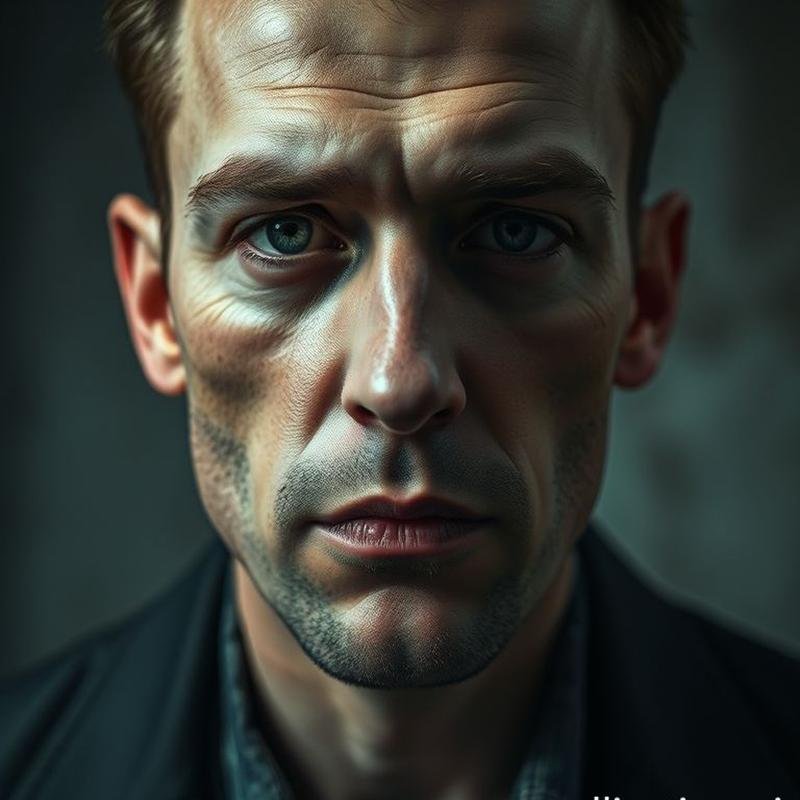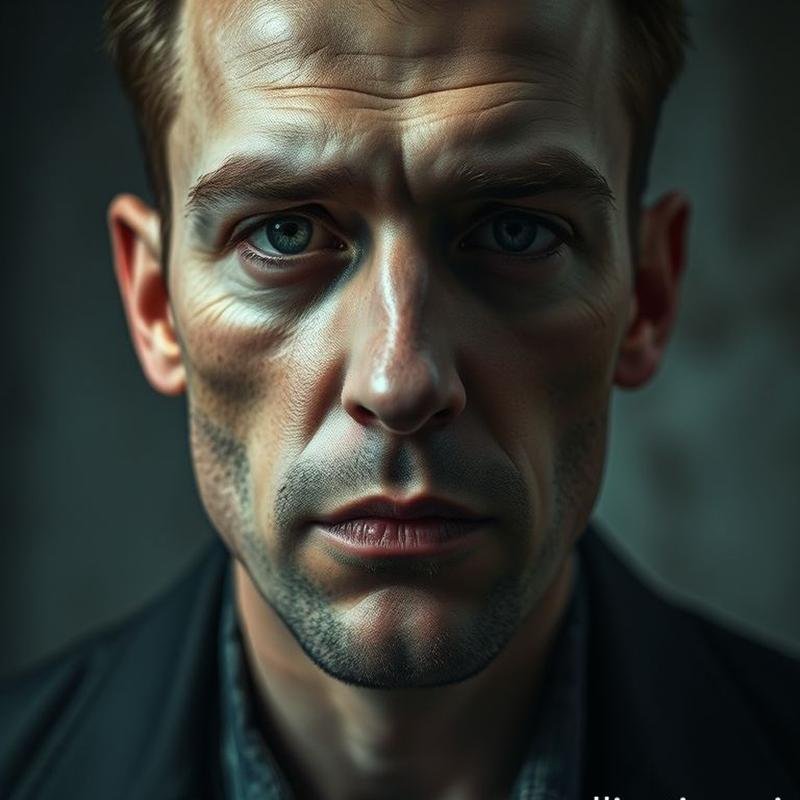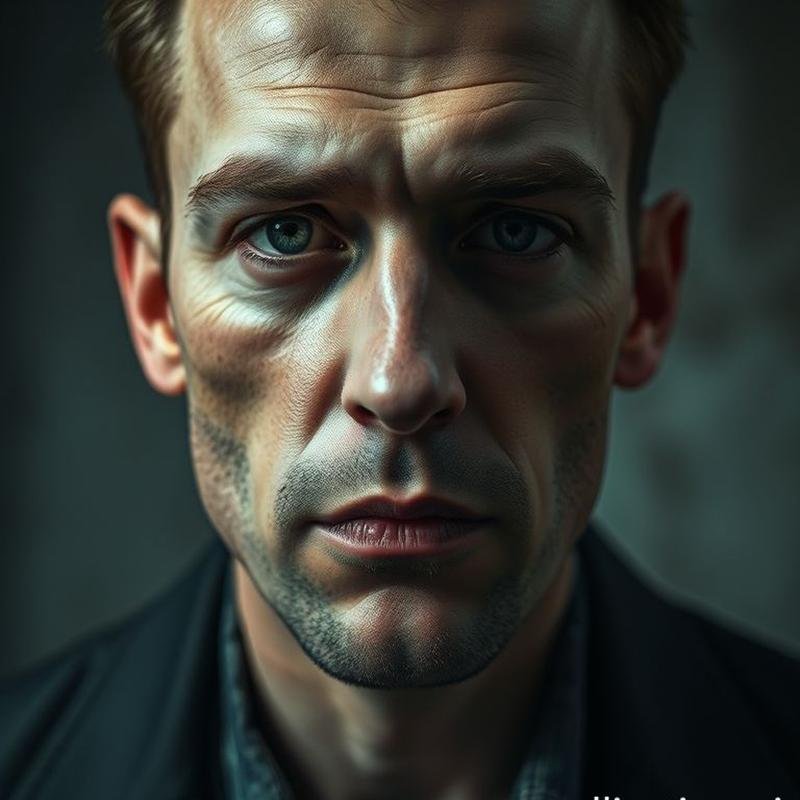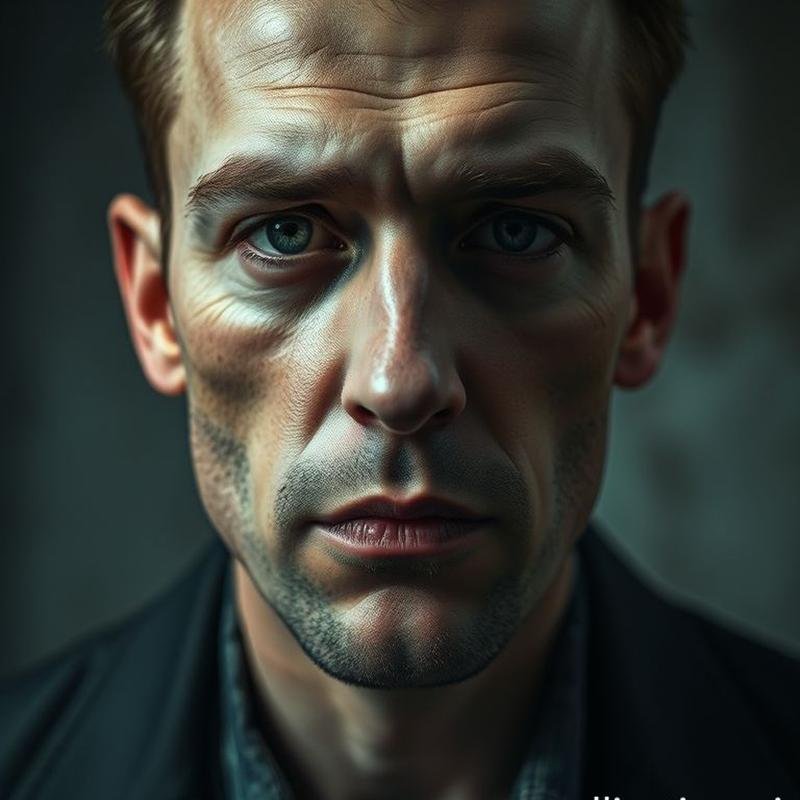Edgar Allan Poe: The Ultimate Enigma 🤯📜 – The Death of a Literary Genius of Horror

Edgar Allan Poe’s Death: Unraveling the Mystery
How could such a brilliant mind, a literary luminary, find its light extinguished in a dark alley, dressed in attire unbecoming of his stature? In this episode, we delve into the enigma of Edgar Allan Poe, examining the most prevalent and compelling theories surrounding his demise, and revealing how his tragic end fueled his enduring literary legacy. Before we embark on this journey to uncover the truth, share your thoughts on the potential causes of his mysterious death in the comments section. And be sure to subscribe to the channel to join us in unraveling this captivating narrative.
The Lost Days
On September 27, 1849, Edgar Allan Poe departed Richmond, Virginia, heading north towards Philadelphia, unaware that it was a journey into the unknown. The ensuing days become blurred, reality intermingling with illusion, and six full days are lost to oblivion, leaving a haunting void in the narrative of his life. On October 3rd, Poe resurfaces on the streets of Baltimore, but he is not the Edgar we recognize. He is discovered by Joseph W. Walker in a state of severe delirium, disoriented in the city’s labyrinth, and wearing unfamiliar clothing that does not reflect his customary elegance. Who is this imposter masquerading as Poe? And where did the true Edgar Allan Poe vanish?
The Final Act
He is immediately admitted to Washington College Hospital, where, in a dimly lit room, the final act of a tragedy unfolds. Hallucinations torment his mind, and tremors wrack his frail body. He remains largely silent, revealing neither the reason for his presence in Baltimore, nor the secret of the six missing days. Silence envelops him, compounding the mystery surrounding his condition. Four more days pass with unbearable weight. And on October 7th, Edgar Allan Poe breathes his last, uttering a desperate cry. His final words, as reported by Dr. John Joseph Moran, were a tearful plea, “Lord help my poor soul.” He is buried in a simple grave, a modest funeral unbefitting his significant literary contributions.
Medical Theories
Between his final breaths, Poe’s words echo: “Lord, help my poor soul.” But was his soul a victim of an underlying organic disease before succumbing to despair? Numerous medical theories attempt to explain this tragic end. Among the possibilities considered, rabies is prominent. Dr. Michael Benitez bases his analysis on Poe’s recent symptoms: delirium, confusion, and possible hydrophobia, although not definitively proven. Was rabies the hidden culprit that ended his life? Another hypothesis suggests a brain tumor. Anecdotal reports indicated a brain lesion, and the symptoms Poe experienced before his death – the noticeable oscillation between periods of calm and acute delirium – could be consistent with this diagnosis. But was the tumor the direct cause of death, or merely a contributing factor to his deteriorating condition?
The Shadow of Alcohol
Poe’s alcohol addiction cannot be disregarded. Although modern tests have ruled out heavy metal poisoning, the symptoms of abrupt alcohol withdrawal may have played a role in his declining health. Was his condition exacerbated by the forced cessation of alcohol, or by other factors that remain unknown? The truth remains obscured by a veil of mystery. Each theory possesses a degree of plausibility, but there is no definitive and conclusive answer. Modern analyses refute some earlier hypotheses, but fail to provide a clear and convincing alternative. Thus, the mystery of Poe’s death remains unresolved.
Political Intrigue
But was alcohol the complete explanation? Or is there a more sinister motive behind his sudden demise? Within the vibrant literary circles of New York and Baltimore, Poe was not merely a writer, but a figure of political influence. His scathing critical articles, published in newspapers such as the Southern Literary Messenger and Broadway Journal, afforded him considerable power to critique prominent literary and political figures. But did Poe overstep boundaries in doing so?
The “Cooping” Conspiracy
In 1844, Poe released a satirical story entitled “The Angel of the Odd” targeting the anti-immigration Know Nothing movement. Did this satire create dangerous political enemies? And was his series of articles “Literati of New York City” in 1848, in which he presented candid assessments of contemporary figures, the catalyst that ignited the flames of revenge? Whispers allude to the theory of “cooping,” a political fraud prevalent during that era, where individuals were kidnapped and forced to vote repeatedly, often under the influence of sedation or poison. Poe was found in a delirious state near a tavern in Baltimore during an election period. Was he a victim of this reprehensible practice? And does that explain why he was wearing someone else’s clothes, as noted by Dr. Moran, the physician who treated him? There are no definitive answers, but the tense political climate of that period, in addition to Poe’s known drinking habits, raises the possibility of a concealed political motive behind his death. Did Poe fall victim to a political conspiracy, or was alcohol the sole cause of his deterioration?
Baltimore’s Dark Secret
But could Poe’s fate have already been sealed in the shadowy corners of politics? Cooping… the very mention of this word evokes dread in the murky election halls of the 19th century. Baltimore, the city that witnessed his final hours, was a hotbed rife with this heinous practice. Imagine men being brutally abducted from the streets, forcibly plied with drink to the point of utter stupefaction, then led like puppets from polling place to polling place, their stolen votes sold and bought with contempt. The most disturbing accounts describe Poe wearing clothes that were conspicuously strange, not his own, raising profound suspicions. Was he a victim of the odious practice of cooping? Was he brazenly drugged, forced to vote repeatedly, then simply left to languish in a desperate delirium? Even the physicians who examined him could not determine a clear cause for his torment, adding another layer of mystery to this horrific ordeal. While cooping may shed some light on aspects of Poe’s peculiar condition, the most unsettling question remains: why was he specifically targeted? Who would have benefited from silencing him so brutally? Was he merely a trivial pawn sacrificed in a larger scheme?
The Inner Demons
Indeed, Edgar Allan Poe was a genius, but his genius was tragically intertwined with personal demons, foremost among them his addiction to alcohol. In the mid-19th century, this affliction was not viewed as a disease deserving of compassion, but merely a weakness of will, a devastating moral failing. Imagine the immense burden Poe carried, grappling with his addiction in a world ignorant of his condition. Poe’s life was a cruel cycle of temporary sobriety and intense indulgence, a classic tragic pattern of addiction. His letters convey his profound despair, cries from a tormented soul: “I dread that I shall never recover… I have reached the bottom of the pit.” Words dripping with pain, revealing a bitter battle he waged alone against an inner beast. Some harrowing accounts suggest that Poe had a particular sensitivity to alcohol; even small amounts were enough to send him spiraling out of control. During the weeks leading up to his death, he was traveling aimlessly, succumbing to wild drinking binges, adding to his torment. Even his desperate attempt to join the temperance movement in 1843 failed miserably, returning him to the destructive embrace of alcohol. But the bitter irony lies in the testimony of Dr. Moran, who examined Poe in his final hours. The doctor found no trace of alcohol on his breath, raising a disturbing and painful question: was alcohol truly the direct cause of death? Or were there other, more subtle and sinister forces at work in the shadows to end his life?
A Lasting Legacy of Mystery
But has the story truly concluded? Or was Poe’s death merely a new chapter in his legend, a chapter that reinforced his image as a troubled genius, a prisoner of his own torments, which added a captivating allure to his works? The truth is that a definitive cause of his death has not yet been established, and this very ambiguity fuels ongoing speculation. Was he the victim of a malicious conspiracy? Or did he simply succumb to his inner demons? Even the heinous cooping theory, with its atrocities, has become associated with his death, adding to the mystery surrounding it. Most importantly, Poe’s tales of horror and mystery, such as “The Raven” and “The Fall of the House of Usher,” symbolically reflect his tragic end. It is as if his life itself has become a story from his own works, a narrative shrouded in darkness, despair, and loss. Thus, his death became an integral part of his legend, and his fate became parallel to the fates of his tragic characters. His profound influence on world literature, particularly in the genres of horror and detective fiction, ensures that he will continue to be remembered and influential throughout the ages. Even the mysterious Poe Toaster’s annual visit to his grave in Baltimore, leaving flowers and cognac, adds to the mythical atmosphere surrounding his persona, rendering him immortal in the annals of literature.
Conclusion: An Enduring Enigma
And so, we arrive at the conclusion of our turbulent exploration into the labyrinth of Edgar Allan Poe’s life, and his death, which is shrouded in more mystery than anything else. Despite all the in-depth analyses, the true cause of his death remains an enigma that defies comprehension. Was alcohol the culprit? Or the dreaded rabies? Or perhaps a malignant tumor residing in the brain? Numerous possibilities linger in the vast expanse of truth, but none of them shines conclusively to provide us with certainty. Reynolds, the name Poe whispered in his final moments, remains a ghost echoing in the dark corridors of history. Was he a victim of forced voting, a corrupt political tactic that was rampant in Baltimore? Or does Dr. Moran’s testimony, the sole source of our information, conceal more than it reveals? The disappearance of his personal papers after his death adds to the complexity and suspicion, leaving us mired in questions about whether profound secrets were buried with him forever. Perhaps we will never be able to ascertain the complete truth, and perhaps Poe’s true genius lies in this enduring mystery that surrounds him.
Video
Images








